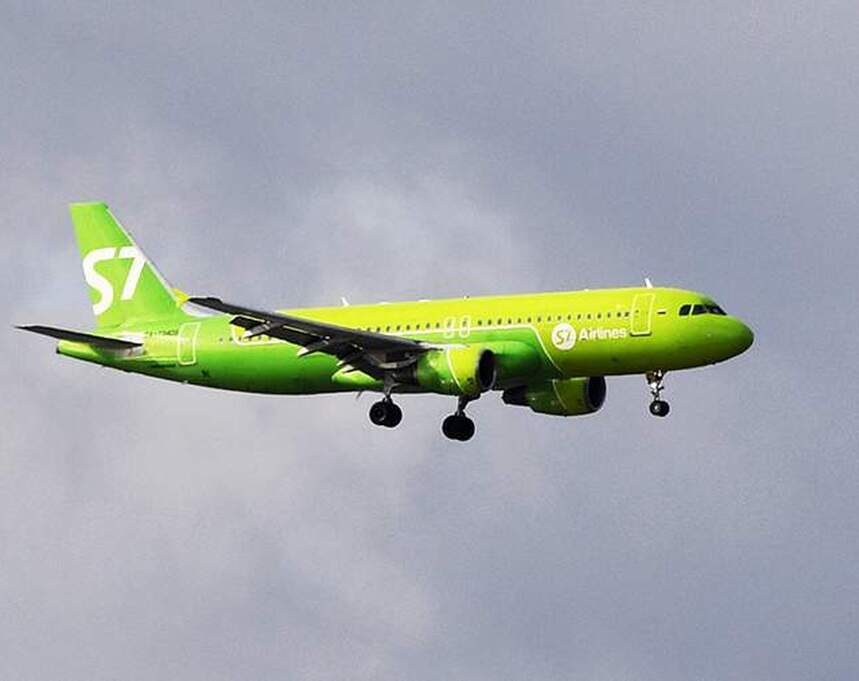
Like a migratory bird forced off course by a storm, an Airbus A-320 en route from the rugged peaks of Gorno-Altaysk to Moscow’s bustling heart was abruptly rerouted to Novosibirsk earlier today. The aircraft, operated by S7 Airlines, touched down at Tolmachevo Airport—named after the legendary Soviet ace pilot Alexander Pokryshkin—after what officials described as a "technical hiccup" at approximately 10:00 local time.
The incident unfolded with the precision of a well-rehearsed emergency drill, though the 150-plus passengers aboard likely felt more like extras in an unscripted drama. Authorities swiftly grounded the aircraft, deploying a reserve plane to ferry stranded travelers to their original destination. Meanwhile, the West Siberian Transport Prosecutor’s Office has launched a probe into potential aviation safety violations, scrutinizing the episode like a mechanic inspecting a faulty turbine.
Novosibirsk, Siberia’s sprawling capital of science and industry, became an impromptu stage for this aviation plot twist. The city’s airport—a hub often overshadowed by its European counterparts—briefly stole the spotlight as investigators combed through data and maintenance logs, searching for clues like detectives at a crime scene.
This isn’t the first time Russian skies have witnessed such mechanical rebellion. Just last week, an Azur Air Boeing-752 bound for Antalya was forced into an emergency landing after one of its engines staged a mutiny mid-flight. These incidents pile up like snowdrifts in a Siberian winter, prompting uncomfortable questions about aging fleets and maintenance protocols.
For now, the grounded Airbus sits idle on the tarmac, its metal skin cooling under the watchful eyes of engineers. The passengers, initially caught in this aerial limbo, have since been shepherded onto alternative flights—their travel plans rearranged like chess pieces after an unexpected move.
Beyond the technical postmortems lies a simpler truth: air travel remains a fragile pact between humans and machines. When that pact fractures—even temporarily—it serves as a humbling reminder of our dependence on engineering marvels that occasionally, like Icarus, falter in their ascent.
As investigators piece together this airborne puzzle, one thing is certain: Novosibirsk’s brief moment in the aviation spotlight will fade, but the questions it raises about flight safety will linger like contrails in a clear blue sky.